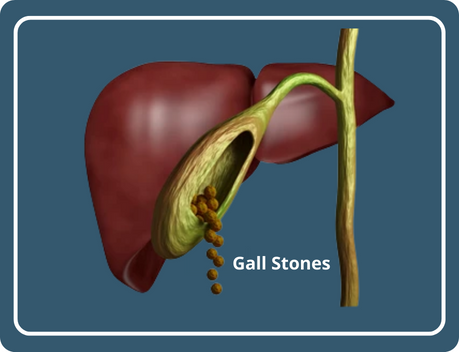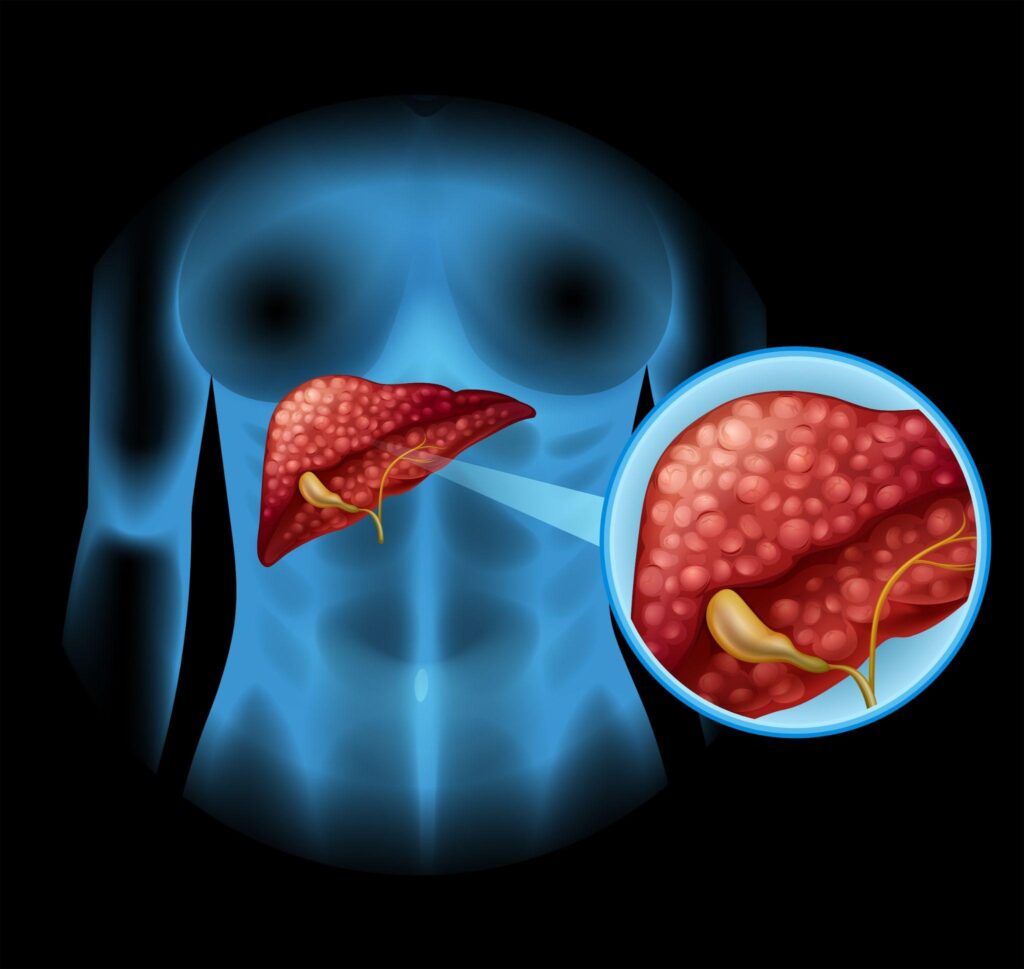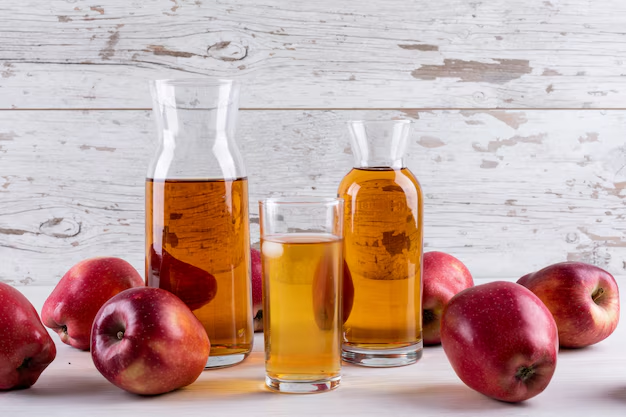Last updated on December 27th, 2024 at 03:42 pm
Gallbladder stone treatment is a procedure operated gallstones, which are hardened deposits of digestive fluid that form in the gallbladder. It is also known as gallstones, and can lead to excruciating pain and digestive issues.
Gallbladder stones can range in size from tiny grains of sand to larger, marble-sized stones. The options vary depending on the severity of symptoms and the specific circumstances of the patient.
Gallbladder Stone Symptoms
Gallbladder stone symptoms often include severe abdominal pain, nausea, and vomiting, particularly after consuming fatty foods. Treatment options range from lifestyle changes and medications to surgical procedures.
For mild cases, dietary adjustments and pain management may suffice. Medications like ursodeoxycholic acid can dissolve small stones. However, when symptoms persist or worsen, surgical removal of the gallbladder (laparoscopic cholecystectomy) is the most common and effective treatment.
It offers a quick recovery and eliminates the risk of recurrent gallstones. The choice of treatment depends on the severity of symptoms and the patient’s overall health.

Gallbladder Stone Treatment
The Treatment for Gallstones is as follows:
- Watchful Waiting: In cases where gallstones are small and asymptomatic, doctors may adopt a “wait and see” approach. This means monitoring the patient’s condition without immediate intervention. Asymptomatic gallstones may not require treatment unless they start causing problems.
- Lifestyle Changes: Making dietary and lifestyle modifications can help manage gallstone symptoms. Reducing the intake of fatty and fried foods can ease discomfort. Regular exercise and maintaining a healthy weight can also reduce the risk of gallstone formation.
- Endoscopic Procedures: For patients who cannot tolerate surgery or have specific medical conditions, endoscopic procedures may be recommended. One common procedure is endoscopic retrograde cholangiopancreatography (ERCP) with sphincterotomy and stone removal. During ERCP, a tiny camera is inserted through the mouth and into the small intestine to locate and remove gallstones from the bile ducts.
- Laparoscopic Cholecystectomy: The most common and effective treatment for gallstones is surgical removal of the gallbladder, known as a laparoscopic cholecystectomy. This minimally invasive procedure involves making small incisions and using specialized tools to remove the gallbladder. Patients typically recover quickly and can return to their normal activities within a few weeks.
- Open Cholecystectomy: In some cases, open surgery may be necessary, especially if there are complications or if the surgeon cannot safely perform a laparoscopic cholecystectomy. This involves a larger incision and a longer recuperation period.
- Laser Lithotripsy: This procedure involves the use of lasers to break up gallstones, making them easier to remove. It’s often used in conjunction with other methods, such as ERCP.
- Extracorporeal Shock Wave Lithotripsy (ESWL): ESWL uses shock waves to break up gallstones, allowing them to pass naturally. This method is typically reserved for specific situations and is less common than other treatments.

Gallbladder Stone Treatment Medication
In some cases, doctors may prescribe medications to dissolve gallstones. Ursodeoxycholic acid (ursodiol) can dissolve small cholesterol gallstones over the course of several months or even years. However, this approach does not always prove effective, and gallstones may reappear once the treatment is discontinued.
> Consult a doctor and Order Medicine Online
Gallbladder Stone Ayurvedic Treatment
Managing gallbladder stones at home primarily involves symptom relief and dietary adjustments. To alleviate discomfort, over-the-counter pain relievers can help, but consult a healthcare professional first. Dietary changes are crucial; opt for a low-fat diet rich in fibre, fruits, and vegetables to reduce the risk of triggering painful symptoms.
Some suggest natural remedies like apple cider vinegar or lemon juice, though their efficacy varies. However, it’s essential to consult a healthcare provider for a personalized approach, as home treatments may not be sufficient for severe cases, and complications can arise without proper medical guidance.

Home Remedies of Gallbladder Stones
Gallbladder stone treatment at home involves symptom relief and dietary adjustments. To alleviate discomfort, over-the-counter pain relievers can help, but consult a healthcare professional first. Dietary changes are crucial; opt for a low-fat diet rich in fibre, fruits, and vegetables to reduce the risk of triggering painful symptoms.
Drinking plenty of water and maintaining a healthy weight are also beneficial. Some suggest natural remedies like apple cider vinegar or lemon juice, though their efficacy varies. However, it’s essential to consult a healthcare provider for a personalized approach, as home treatments may not be sufficient for severe cases, and complications can arise without proper medical guidance.
Conclusion:
The choice of gallbladder stone treatment depends on various factors, including the size and type of gallstones, the patient’s overall health, and the severity of symptoms. Individuals with gallbladder stones must consult with a healthcare professional to determine the most appropriate course of action.
Untreated gallstones can lead to complications such as gallbladder inflammation, infection, or bile duct blockage, so seeking timely treatment is essential to prevent these issues.
Read: What are Generic Medicines?
Do Generic Medicines work the same?
Yes, generic medicines work the same as their brand-name counterparts. They contain the same active ingredients, undergo rigorous testing for safety and effectiveness, and meet the same quality standards as brand-name drugs.
Generic medications are more affordable because they don’t require the same research and development costs. The CDSCO ensures their equivalence to brand-name drugs, providing a cost-effective option for consumers while maintaining high standards of efficacy and safety.
FAQs on Treatment of Gallbladder Stones
Q1. What is gallbladder stone treatment?
Gallbladder stone treatment typically involves dietary changes, pain management, and, in severe cases, surgical removal of the gallbladder (laparoscopic cholecystectomy). Lifestyle modifications, such as a low-fat diet, can help alleviate symptoms. Surgery is often recommended to prevent recurrent gallstones and associated complications.
Q2. Can gallbladder stone treatment be done without surgery?
Small cholesterol stones may be dissolved with medication, but surgery is often the most effective and permanent solution.
Q3. What are the dietary recommendations for gallbladder stone management?
A low-fat diet with increased fibre, fruits, and vegetables is advised to minimize symptoms and reduce the risk of stone formation.
Q4. Is there any gallbladder stone natural treatment?
Some people try apple cider vinegar or lemon juice, but their effectiveness varies, and it’s important to consult a healthcare provider for guidance on such remedies.
Related Links:
